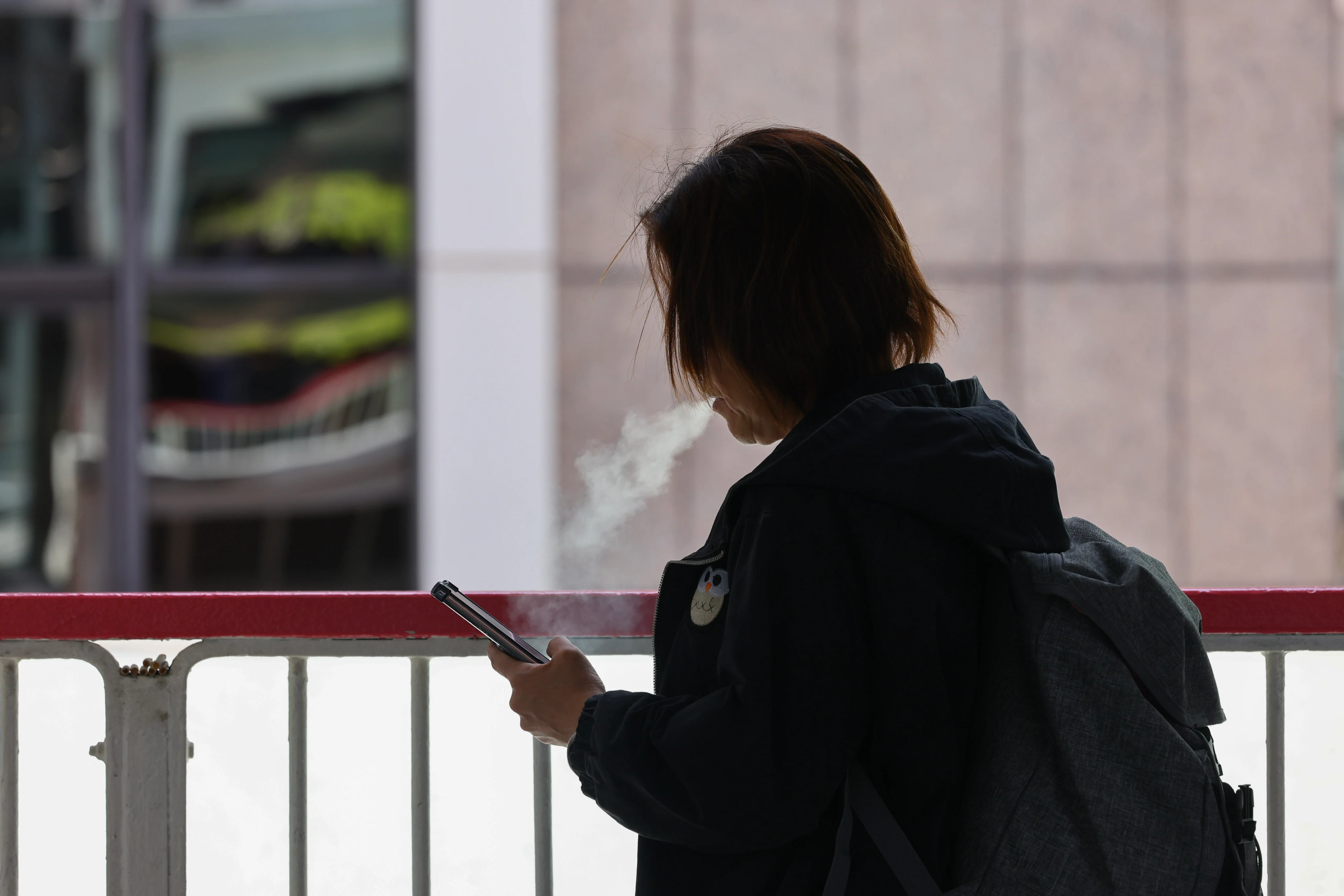By Elizabeth Cheung
Some Hong Kong teenagers using the illegal drug “space oil” were found to suffer from a possibly fatal condition in which levels of certain important hormones were drastically reduced, a study from a medical journal has found.
Doctors involved in the research also found that the impact on young people’s health could persist even if they stopped using the drug but were still exposed to it while hanging out with other users.
The findings were contained in medical research report on the narcotic’s health impact on three boys, aged 15 to 17, who were all diagnosed with adrenal insufficiency after being sent to public hospital paediatric departments in April and May last year.
The cases are the first three documented in Hong Kong.
One of the teenagers mentioned in the report continued to show signs of adrenal insufficiency despite having stopped abusing space oil for several months, with doctors saying it could be due to second-hand exposure.
“This is the first local paediatric report of adrenal insufficiency associated with etomidate misuse via e-cigarettes,” researchers said in the article, which was published in the Hong Kong Medical Journal last month.
The drug typically includes the anaesthetic etomidate as a main ingredient and has become increasingly popular among young people, including those who consume e-cigarettes, in Hong Kong since 2023.
Lawmakers recently called on authorities to rename the drug to avoid romanticising it, with suggestions including “zombie oil”, amid a rise in the number of young people abusing the drug.
The condition highlighted in the medical report, adrenal insufficiency, occurs when the body cannot produce enough of certain kinds of hormones, such as cortisol, and can affect how sufferers respond to stress, as well as their blood pressure and blood sugar levels.
If left untreated, the condition could lead to a potentially life-threatening adrenal crisis.
“Although [the three cases] did not report overt symptoms, they were considered at risk of adrenal crisis,” Dr Chung Ying-ki, a paediatrician from Caritas Medical Centre who co-authored the report, told the Post.
“That is why cessation of etomidate use is important.”
The researchers said the first case in the study involved a 17-year-old boy with attention deficit hyperactivity disorder (ADHD) who was admitted to hospital with ketamine-induced bladder inflammation.
Hospital staff also discovered he had a mild potassium deficiency and high blood pressure, in addition to testing positive for cocaine, ketamine and etomidate in his system.
The boy disclosed that he had vaped space oil on a daily basis for four months.
The second case was a 16-year-old with autistic spectrum disorder who showed symptoms of confusion, insomnia and an unsteady gait after using the drug on a weekly basis for one month.
Meanwhile, the third patient was a 15-year-old suffering from substance abuse-related psychosis and had told doctors he had used space oil on a weekly basis for “several months”.
Repeat testing of the first patient five months after he quit the drug showed he still had a persistent adrenal insufficiency, which medical professionals said was potentially due to “second-hand smoke exposure from peers who used etomidate”.
“Our cases highlight the challenges of achieving complete cessation of drug misuse due to peer influence and potential dependence,” the research team said.
The first and second patients also underwent “regular” therapy involving hydrocortisone replacement, which helps to replace hormones that the body is not making enough of.
The research team did not disclose how long it took for the teenagers to recover.
Chung said there was currently insufficient medical knowledge to reliably predict how long it would take for people with space oil-induced adrenal insufficiency to recover.
But he noted that patients who abused etomidate for a shorter period at a lower dose were likely to recover more quickly.
The doctor added that it was not uncommon for cases of adolescents using space oil to suffer from polysubstance abuse and psychiatric conditions, such as ADHD and autistic spectrum disorder.
“At present, there is no structured or dedicated psychiatric and medical service within the Hospital Authority specifically for adolescent etomidate users,” Chung said.
“We hope that increased awareness of this issue may help to develop appropriate service in this area.”
Among the 493 space oil abusers known to authorities between 2023 and May 31 this year, about 70 per cent were under the age of 21.
In the first quarter of 2025, the number of newly reported space oil abusers reached 191, a sharp increase from the 24 logged over the same period last year.
Ng Wai-see, assistant supervisor of Hong Kong Christian Service’s PS33 Sham Shui Po Centre, which provides rehabilitation services for substance abusers, said youngsters usually preferred consuming space oil together as a group when first trying the drug.
“It is like a party or a gathering, similar to the idea of people drinking alcohol together in a bar, just that they now use space oil,” she said, adding that some would gradually shift to consuming the narcotics alone.
Ng said some youngsters who had quit space oil might still opt to hang out with people who continued to abuse the substance.
“Those people might be the core of the youngsters’ social lives,” she said.
She added that some youngsters might find it funny to see how space oil abusers collapsed or developed shaky hands after consuming the narcotics, and through this they found a sense of belonging with the others.
She said that peer influence played an important role in helping youngsters to successfully quit space oil, and that social workers would try to encourage substance abusers to create a sense of belonging through other means.
